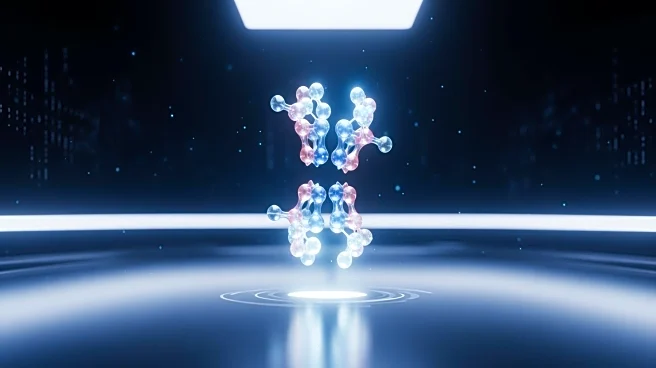What's Happening?
Research published in Nature investigates the effects of transient neonatal visual deprivation on the development of the ventral occipito-temporal cortex in humans. The study involved participants who
had undergone cataract reversal and matched controls, examining visual acuity and brain responses using fMRI. Findings indicate significant differences in visual acuity between groups, with cataract-reversal individuals showing altered brain activity patterns. The study highlights the long-term developmental consequences of early visual deprivation and the role of visual experience in shaping brain function.
Why It's Important?
This research provides insights into the critical periods of visual development and the potential impact of early sensory deprivation on brain structure and function. Understanding these effects can inform clinical practices for treating visual impairments and guide interventions to support optimal brain development. The study also contributes to the broader understanding of neuroplasticity and the brain's ability to adapt to sensory changes, which has implications for rehabilitation and therapy in various neurological conditions.










